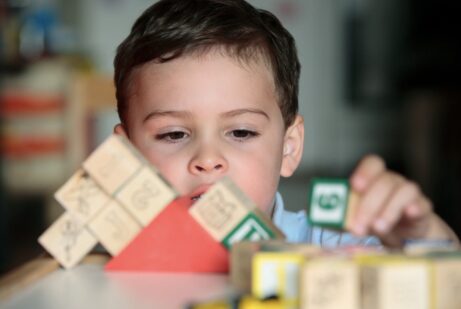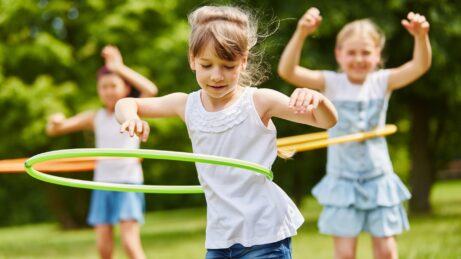The Discipline That Grows from Within

The Hidden Roots of Discipline
When we think of a well-behaved child, we often imagine someone who is quiet, polite, and follows rules. But Montessori education invites us to look deeper. What if true discipline isn’t something we teach-but something that slowly grows from within, like roots beneath the soil?
In a Montessori environment, discipline is not imposed. It is discovered. And the path to that discovery often begins with freedom. Freedom that, at first glance, might seem chaotic or unstructured. But when we look with care, we begin to see the deeper process at work.
The Child Who Couldn’t Sit Still
Imagine a boy who rushes from activity to activity, touching everything but settling on nothing. In a traditional classroom, he might be labeled as disruptive or inattentive. But in a Montessori setting, the adult does not rush to correct or control. She observes. She waits.
And slowly, she comes to see the truth: this is a child who has had to fight for his needs. At home, even basic nourishment was uncertain. His hunger shaped not only his body but his spirit. His movement through the classroom wasn’t about distraction-it was a search. He was looking, with urgency, for what would sustain him.
And then, one day, he finds it. A task, an object, a moment of connection. He pauses. He repeats. And with each repetition, something softens. His face changes. He lingers in the work. The scattered energy begins to gather into something centered. The child begins to experience order-not just around him, but within.
And with that order comes kindness.
The Child Who Never Made a Fuss
Now imagine another child: quiet, agreeable, always seeking approval. He never interrupts, never disobeys. To many, he’s the “ideal student.” But in Montessori, we ask: What lies beneath this goodness?
As he begins to work, his pattern emerges. He constantly looks to the adult for reassurance. Every movement is followed by a question: Did I do it right? His gaze is not inward, but outward. He is good, yes, but his goodness feels fragile. It is tied to being seen, to being accepted.
Over time, the guide gently redirects his attention from her to the work itself. She gives space for confidence to take root. Not in praise, but in mastery. Slowly, his inner voice grows louder than his need for approval. He begins to act, not to please, but to express something true.
What was once dependence becomes self-direction. And from that, a different kind of goodness emerges: one born of wholeness, not fear.
The Judgments We Must Leave Behind
In a traditional system, the first child may have been labeled difficult, and the second praised as perfect. But Montessori reminds us: labels are quick, and children are complex. What we see on the surface rarely tells the whole story.
The child who seems wild may be hungry for connection. The child who seems quiet may be carrying the weight of needing to be “good” at all costs.
It is only through freedom, carefully offered, lovingly observed, that the truth of the child comes to light. And when it does, our role is not to shape it, but to support it.
What the Montessori Guide Truly Observes
In Montessori, we often speak of the “prepared environment,” but just as important is the prepared adult. The adult who knows when to act and when to wait. Who sees not just behavior, but the story behind it. Who trusts that with time, space, and respect, every child can arrive at their own center.
The signs we watch for are subtle: a child repeating a task with increasing care. A moment of stillness after deep concentration. A quiet joy in completion. These are not signs of instruction, but signs of life unfolding.
True discipline is not something we give to a child. It is something that grows, when the child is allowed to be deeply, authentically engaged in meaningful work.
This blog post was inspired by “Maria Montessori’s Spontaneous Activity in Education”
Montessori Beginnings
YOUR ULTIMATE
MONTESSORI PARENTING COURSE
FOR ZERO TO THREE
Gain clarity and confidence in your parenting to raise a resilient, independent and joyful child.


